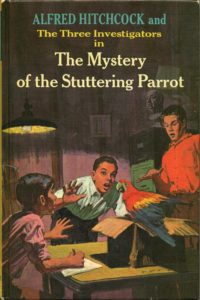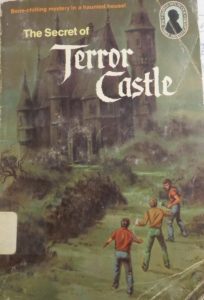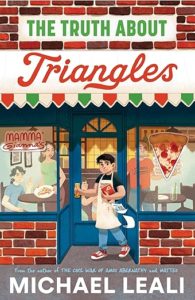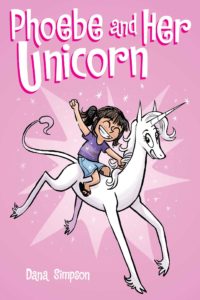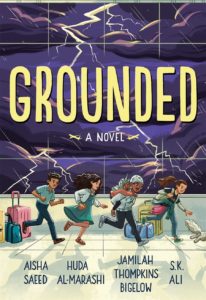 I have mentioned, on occasion while justifying the snail’s pace at which I read the books I review, that I also read a lot of books to my son. Board books, picture books, and lately early chapter books[1]. 80-100 pages, almost always exactly 10 chapters, almost always with characters that are 7 or 8 years old, the kind of thing that makes it truly and painfully obvious who they are aimed at. And I mean, he cannot read them, but boy does he love them.
I have mentioned, on occasion while justifying the snail’s pace at which I read the books I review, that I also read a lot of books to my son. Board books, picture books, and lately early chapter books[1]. 80-100 pages, almost always exactly 10 chapters, almost always with characters that are 7 or 8 years old, the kind of thing that makes it truly and painfully obvious who they are aimed at. And I mean, he cannot read them, but boy does he love them.
I, on the other hand, do not. I mean, they’re mostly fine, but they are not worth writing a review over, any more than each comic I read is. This is both in consideration of time and of content. It would be different if this were a kidbook or a comic review site, but since it isn’t, well.
All of that to say, over a period of a couple of weeks, I read Grounded to the boy, and, okay, yes it is still a kidbook, this time aimed at a tween audience either to show them Muslim-American culture or to make them feel seen as Muslim-Americans. (I couldn’t tell you which, if either, was the goal of the authors; but it was more likely the second one, based on how little hand-holding they offered for the religious terminology.) It seems to be written in “pass the typewriter” style among them, with each taking the reins of one of the four main characters, children trapped in an airport due to inclement weather after a cultural/religious conference. Said children are in search of a missing cat, which provides the narrative propulsion against which backdrop their forming friendships and individual problems (too-early adult responsibilities; replacement of a dead mother; navigating junior high in the age of social media; not-quite crippling anxiety) are projected.
If I’m being real, it reminded me of nothing so much as Stand by Me (or more properly, The Body) by Stephen King, modernized and written from a non-white perspective. There’s virtually no way this was an actual influence, so whether this says something more about my own, er, cultural background or about my low-grade obsession with King is left as an exercise for the audience.
It was, despite anything I may have said or implied up to this point, definitely a book aimed at children of a certain age[2], with the pitfalls that implies to a more discerning audience. But still. There was an emotional climax to Feek’s[3] story that made it hard for me to keep reading, both in the voice and in the eyes, if you know what I mean. (And it paid off Chekhov’s Rhyme from all the way back in chapter one, to boot.)
It’s hard to imagine recommending this to anyone who is likely to see the review, but it really is recommendable, if you know anyone in an appropriate age range.
[1] I do not understand the derivation of “chapter book”. Well, no, I mean it’s obvious what it means, what I don’t understand is how it came into vogue. Once you get past Dick and Jane and Grinches and Green Eggs and Nights before Christmas, pretty much anything more advanced has always had chapters. Why are we calling out that graduation to more advanced books now?
[2] This review is not a vehicle to showcase that my three year-old is comprehending at a twelve year-old level. He just cared about if the kids found the cat or not, and if they got in trouble or not. But it’s not not to showcase his attention span. I don’t think a ton of kids his age will sit still for 75% of a 272 page book. (I don’t want to exaggerate the accomplishment; sometimes he was all jittery, but never enough that my threats to stop reading were fulfilled.)
[3] One of the four narrators, Rafiq.
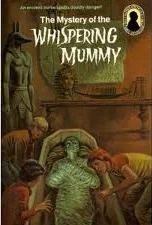 I’m gonna read some books to the boy that aren’t these, for the next little while.
I’m gonna read some books to the boy that aren’t these, for the next little while.